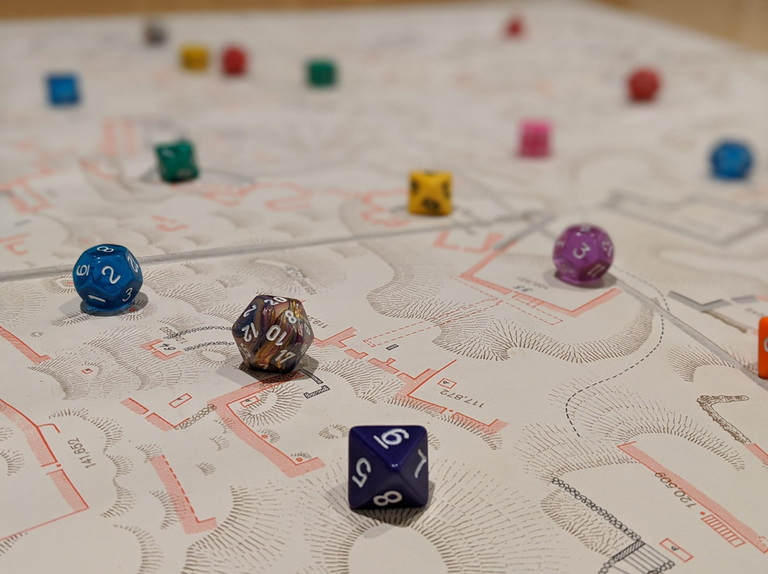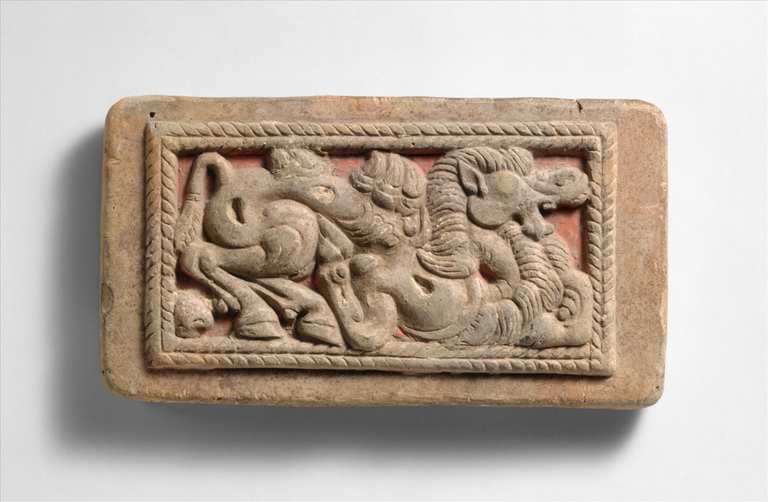Conferences: Fall 2020
Re-Rolling the Past: Representations and Reinterpretations of Antiquity in Analog and Digital Games
Conference organized by Gabriel Mckee (ISAW Library) and Daniela Wolin (Yale University & ISAW Research Affiliate)
November 11-13, 2020
 Photo by Gabriel Mckee & Daniela Wolin (CC BY 4.0).
Photo by Gabriel Mckee & Daniela Wolin (CC BY 4.0).
Analog and digital games (e.g. video, role play, board, card, pedagogical, and alternative games) are platforms for modeling and experiencing events in fantastic, modern, or historical settings. When devising games based on ancient historical and archaeological contexts, an informed and critical approach is essential, lest games perpetuate problematic narratives or provide inaccurate representations of the past. “Rerolling the Past” builds off of the recent increase in academic studies of games to show how games can serve as a fruitful avenue for communicating information about the ancient world. This conference will bring together historians, archaeologists, scholars of gaming, and game designers to discuss three intersecting themes: archaeology in/of games; pedagogy and games; and critical approaches to game design. We hope to acknowledge and address common issues and challenges that cut across disciplinary divides and envisage how increased collaborative initiatives can be developed in the future.
The conference will take place online; a detailed schedule and registration information will be posted on the ISAW Events page when they become available. Registration is required.
Chinese Frontiers and Central Eurasia: Art, Archaeology and History at the Turn of the Common Era
Conference organized by Fanghan Wang (ISAW) and Shujing Wang (NYU Shanghai & ISAW Alumna)
December 4, 2020
 Casting Model for Belt Plaque; Metropolitan Museum of Art, Accession number: 18.43.2
Casting Model for Belt Plaque; Metropolitan Museum of Art, Accession number: 18.43.2
The contact between Han China and Central Eurasia had been drastically intensified around the turn of the Common Era when the so-called Silk Road network took shape. The northern frontiers of Han China, as important nodes of the network, were the prominent arenas in which diverse cultural, economic, and socio-political interactions took place among the people who lived a pastoral, agricultural or mixed mode of life. This workshop intends to revisit this interconnectivity with special attention to the complexity of interregional communication and the interactions in frontier regions. Introducing new material/textual discoveries and reassessing current scholarship, this workshop highlights a variety of interlocked factors of the frontier process, such as ecological impacts, material exchanges, cultural encounters, and social-political transformations. Within an interdisciplinary framework, this workshop also stimulates conversations of researchers from different scholarly circles on various issues surrounding the study of frontiers.
This conference is co-sponsored by ISAW and Columbia University’s Tang Center for Early China. The conference will take place online; a detailed schedule and registration information will be posted on the ISAW Events page when they become available. Registration is required.